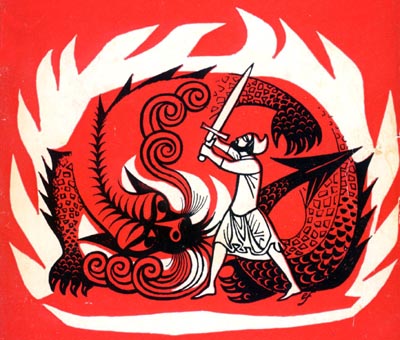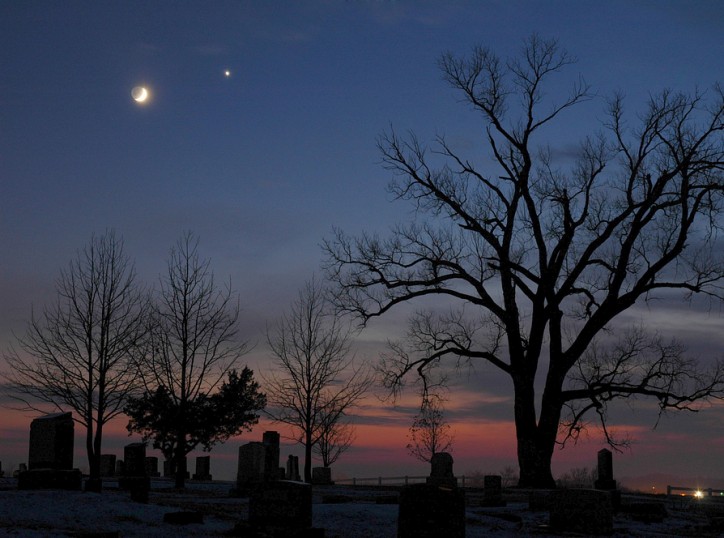Translation
Recordings
A full First Clause
The Conceivable
In Satiable Terms
Closing
Back To Top
Abstract
Appetites are sated, so sleepiness and the desire for more clash.
Back To Top
Translation
"The deadly fume evaporates from the womb,
As its three little rooms are bedewed;
These lovers eyes and eyelids are then filled
With the fog of sleepiness,
Yet vision veers not away.
Whence through the eyes are we bound
By animal power, as they are the will's helpers."
("Dum Diane vitrea" Stanza 6)
Back To Top
Recordings
The entire poem will be recorded once it's all been translated and posted.
Back To Top
A full First Clause
First and foremost here, I need to make a quick mention that "womb," as far as I know, was used much more generally in the medieval world than it is in the modern one. Of course, there was the sense that it meant the female part that holds a foetus, but it also, as far as I can tell from my own reading and knowledge, meant the stomach as a fillable space much more generally. Thus, though the first clause retains its weirdness all the same, it at least isn't necessarily about pregnancy or conception or anything like that. Necessarily.
But, poetic license aside, there are really only three things possible with this first clause: It's about conceiving a child (since "the three little rooms are bedewed"), about having an appetite sated, or about the two lovers being a little flatulent.
Although fart jokes are a staple of medieval bawdy comedy (just as they are today), since this is a love poem (and as far as I know Abelard wasn't into that sort of thing), that last possibility can be instantly ruled out.
That leaves conception and the sating of an appetite.
Back To Top
The Conceivable
In terms of conception, the medieval understanding of human reproduction wasn't as advanced as ours is today, but it wasn't as backwards as might be expected.
In the early medieval period the prevailing idea was that both a man and a woman had to expel seed while copulating for a child to be conceived. In other words, both partners had to orgasm, and these orgasms had to be more or less synchronized.
However, after Europe's rediscovery of Aristotle between the twelfth and thirteenth centuries, Galen's two-seed idea was tossed out in favour of the Aristotlean notion that only a man's seed mattered and a woman just had to lay back and think of beautiful/strong/pleasing things. I'm simplifying here, but that's just because I don't want to distract from the poem at hand.
Speaking of which, if we carry the notion that the first two lines are about conception forward, then the couple described in the rest of the stanza becomes a tightly married one. After all, the remainder of the first sentence says, 'then they both felt tired, but they kept gazing at each other.'
Back To Top
In Satiable Terms
On the other hand, if we take the notion that the opening is about our lovers' sexual appetites being sated, then we come out with something a little more subversive: the idea that the sex act described in the rest of the poem isn't enjoyed by some miscreant lusty couple, but by a deeply loving one - though we're given no real suggestion about whether they're married or not. Once more, if we go with the appetite interpretation, we come out with a theme similar to the one seen last week: sex is natural, and just what happens between consenting, loving adults.
However, these two interpretations don't need to be kept apart like two cats in heat. No. They can be crossed over to create an even more revealing interpretation.
For the very fact that these two interpretations are possible suggests that the poet, as long as he was aware of the themes his work was evoking, or bound to evoke, meant this poem to assert that sex between a loving married couple is the same as sex between a loving un-married couple. Definitely a controversial thought, and certainly something Abelard could use to argue the case for his affair with Eloise.
Back To Top
Closing
Come back on Thursday for the remainder of Wiglaf's rant against the cowardly thanes (click here for part one).
And, if you find anything amiss in today's entry let me know. The same goes for anything you might want to add.
Back To Top







